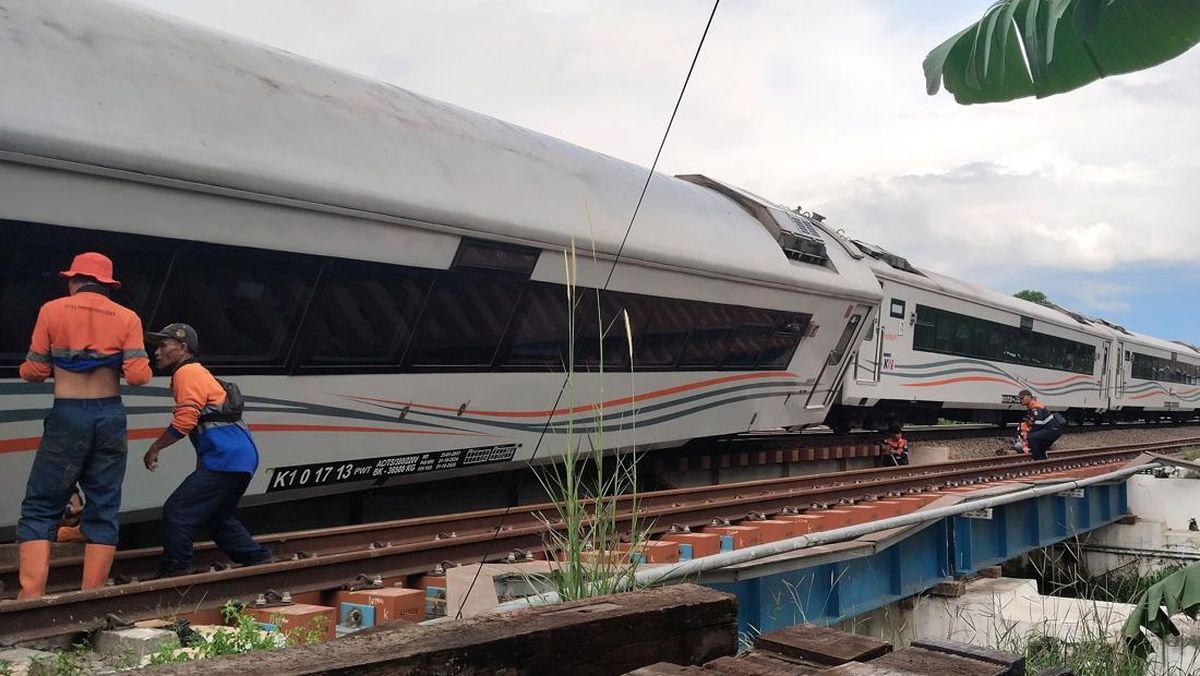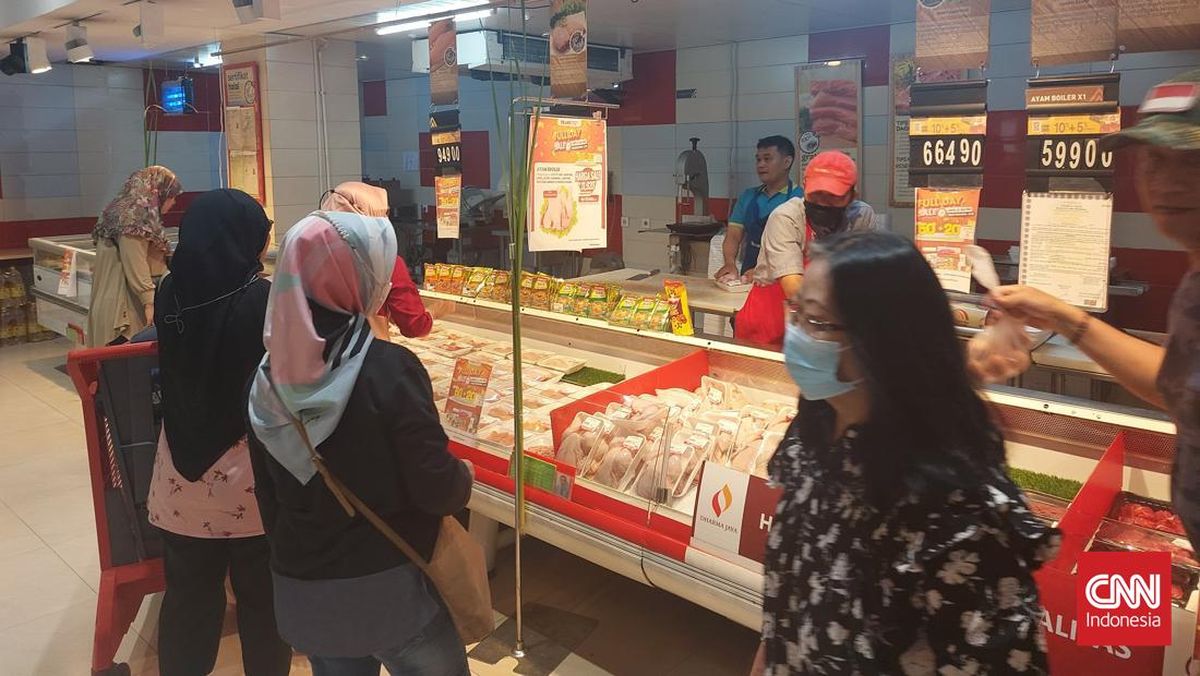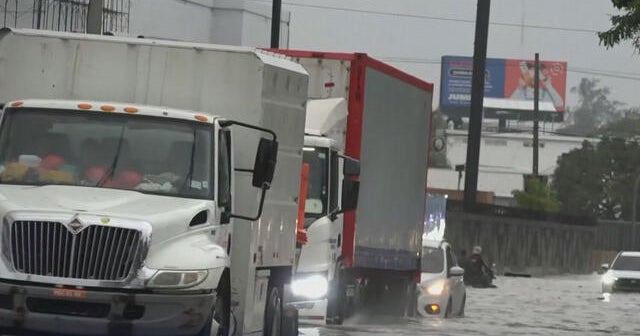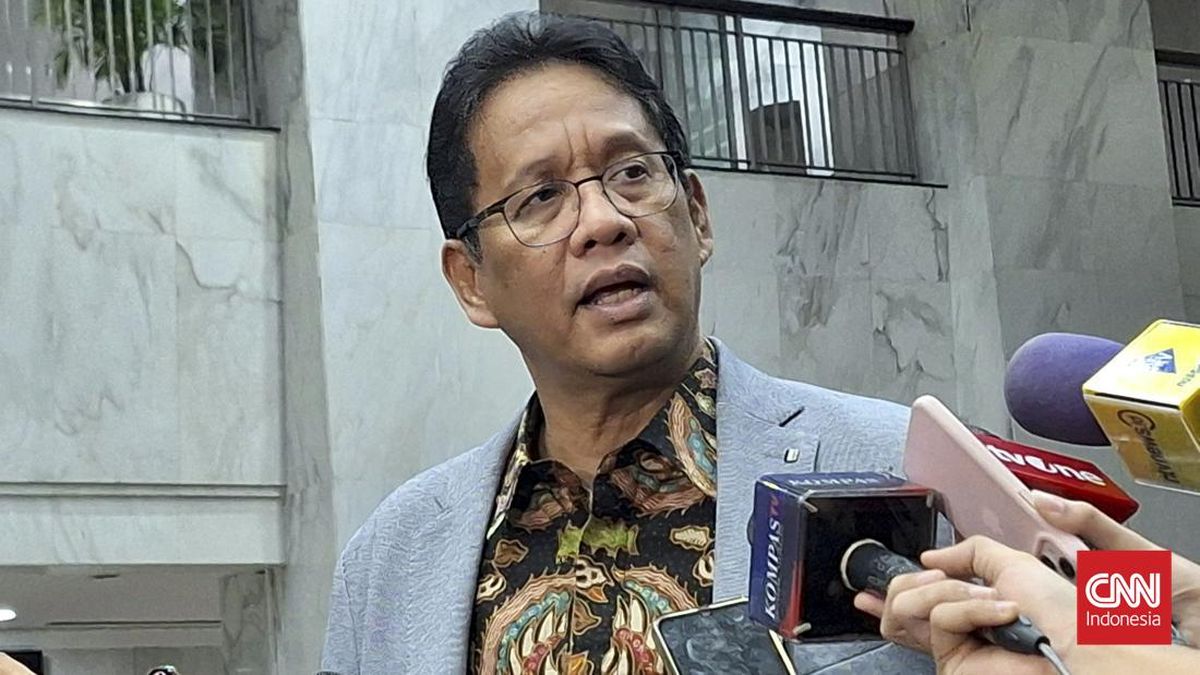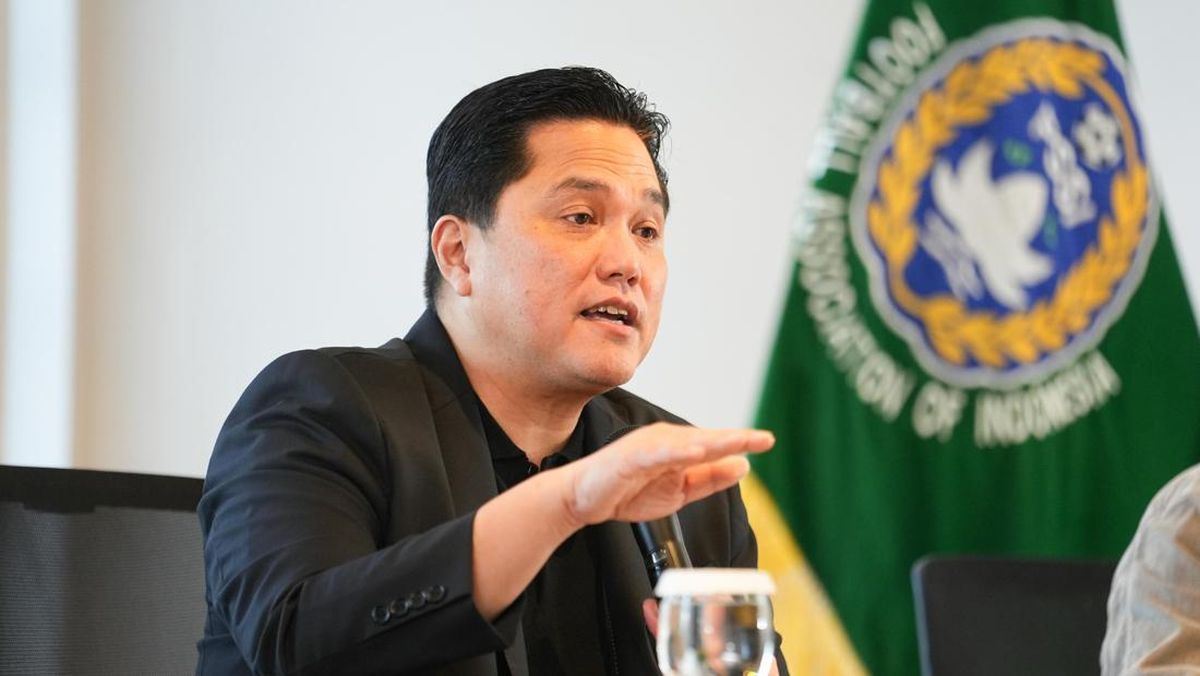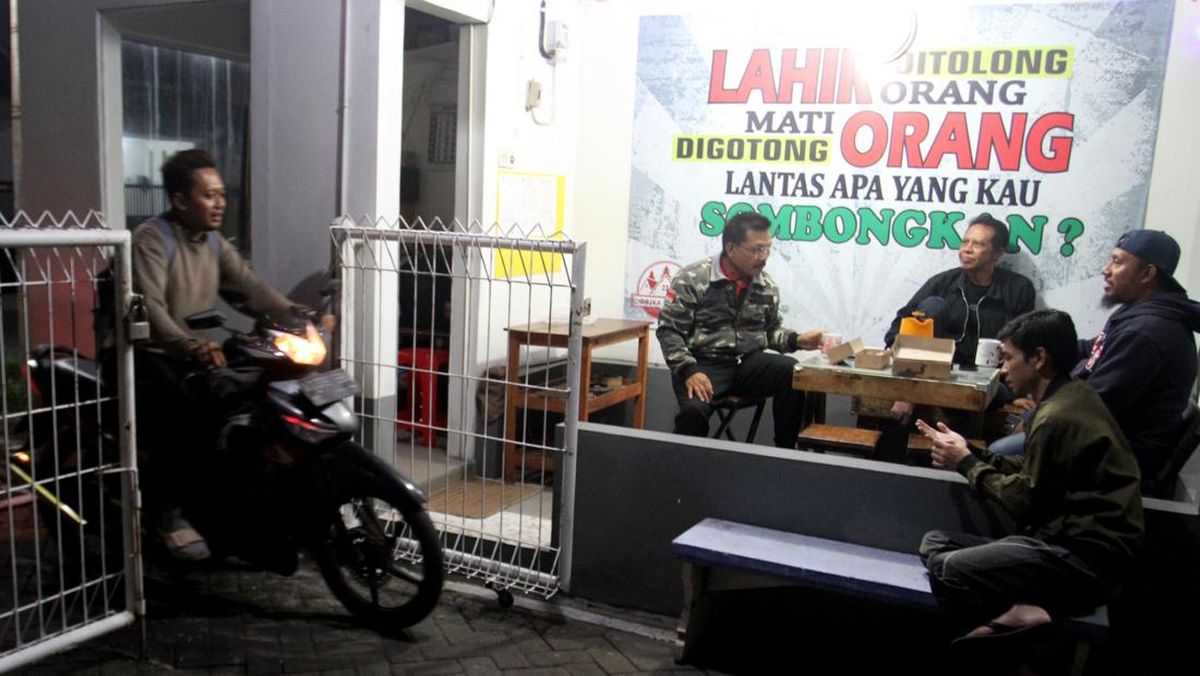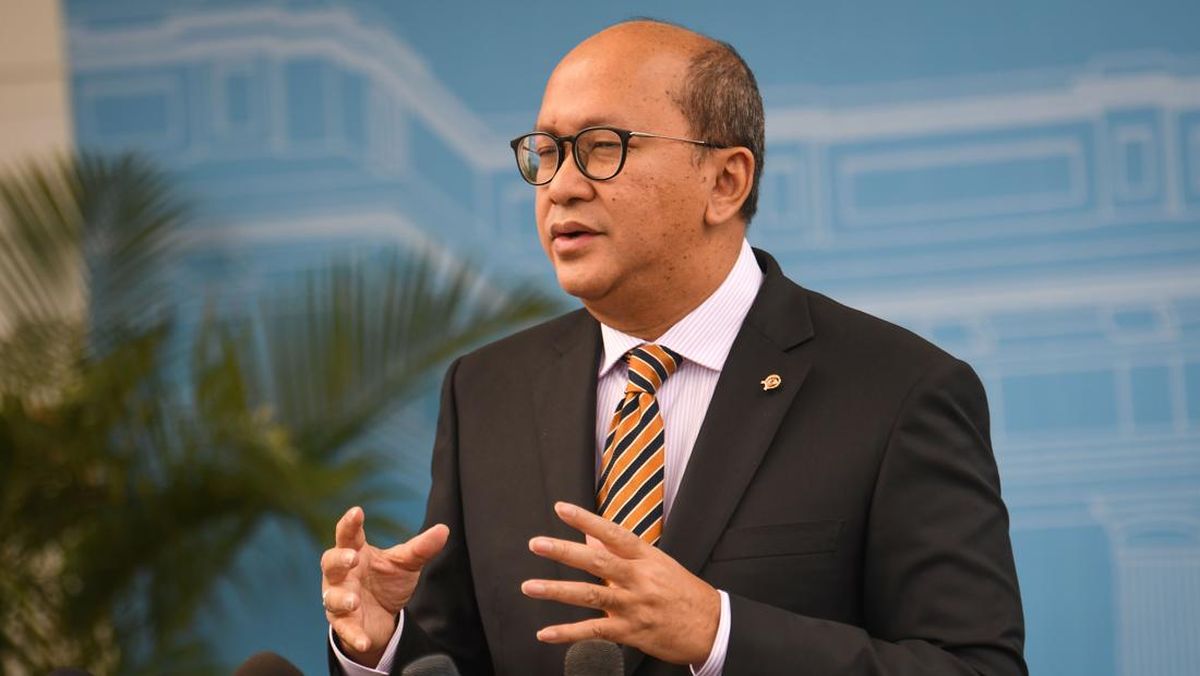Damien Timbs says that when he moved from Sydney to the picture-perfect village of Walcha on the spine of the Great Dividing Range outside Tamworth it was the local rugby club that helped cement him into the community.
These days, when he sees his former coach on the street, the two don’t talk, Timbs says as we sit outside a local cafe in infernal spring heat.
His coach is, or was, Warwick Fletcher, a weatherworn farmer heading towards retirement who lives 10 minutes out of town where he runs cattle and sheep. The issue that has divided the two, that has divided Walcha, is renewable energy.
Fletcher hopes one day to host wind turbines linked to the Winterbourne wind project on his farm, drawing an annual rental income from the developer that would let him pay down the debt he took on during the last dry spell, help educate his grandchildren and build up the operation to secure it so he can pass it on to his two sons.
Timbs is a member of Voice for Walcha, which opposes renewable energy projects planned for New England and the associated powerlines that would one day carry the energy generated across the region to the major cities in the south.
The silence between the two men reflects a growing divide in Walcha, throughout the New England region, and in towns and rural centres across the country as governments race to deploy renewables to replace the ageing coal fleet and meet emissions reduction targets committed to under the Paris Agreement.
Last week the divide blew up in Canberra, where Barnaby Joyce announced he would not contest the seat of New England for the Nationals at the next election. (Walcha sits in this electorate.) Joyce said his relationship with key figures in the party had “irreparably broken down” in large part over net zero and he went out swinging. “If you want to fight me, I’ll fight back. That’s just my nature,” he said during a press conference outside his Tamworth electorate office.
Across the country, tension is mounting.
In a letter published by The Land newspaper and signed by 10 farmers from across Queensland, NSW and Victoria, including Fletcher, signatories claim heated rhetoric from politicians opposed to renewable energy is fuelling anger and dividing communities.
They claim that efforts are being made to bully and shame farming families who embrace renewables.

Damien Timbs opposes the development of renewables in Walcha.Credit: Janie Barrett
“One family had their daughter abused at a local pub, called ‘the daughter of the f---ing idiot hosting the turbines’. Another found local buyers stopped purchasing their grain. And in one of the most disturbing cases, children were handed letters at their primary school shaming their parents for hosting wind turbines,” they write.
“That’s why it was troubling to hear former deputy prime minister Michael McCormack suggest farmers who host renewables have ‘sold their soul’ and should expect ‘backlash’. Those words weren’t just careless – they excused cruelty, as though this was part of the natural order.”
McCormack says he has been selectively quoted in the letter, but stands by his view that when some community members are being offered huge amounts of money to host wind turbines while others are faced with the visual impact, community tension is inevitable. He says any abuse and intimidation carried out by anyone in the community is unacceptable.
Increasing tensions were addressed during a federal parliamentary inquiry into climate change information last month, when Australian Energy Infrastructure Commissioner Tony Mahar said the families of landholders who welcomed renewables on their land were being threatened.
Loading
“One of the most troubling areas that I have come across visiting communities is the division … and the bullying, harassment, intimidation that I’ve seen. It saddens me, and it troubles me,” Mahar, whose job is to help resolve community disagreements, told the inquiry.
“I’ve heard face-to-face stories of children being intimidated at school and families being ostracised ... because of the views that they might or might not hold.”
The Smart Energy Council, representing renewable companies, said in a submission to the inquiry that disinformation by opponents could escalate into violence against workers building projects.
Jackie Elliott, who lives in Byaduk in western Victoria, says she has felt the brunt of a backlash against wind energy. Back in 2019 she founded the non-profit Rural Women’s Day to hold events in rural centres to help regional women build social and business networks.
An event scheduled to be held in Horsham this month was cancelled and shifted to Ballarat after it drew months of criticism because it accepted sponsorship from Squadron energy, the renewables developer owned by Andrew and Nicola Forrest’s Tattarang group.
Throughout the year, critics targeted the organisation’s social media, accusing it of dividing the community by accepting the support of a renewables business. “I feel like it was bullying. Comments kept going up from people who had no idea what Rural Women’s Day even was,” says Elliott, who says she was forced to stop using the organisation’s social media channels.

Jackie Elliott has felt the backlash against renewables.Credit: Nicole Cleary
“They said they were not targeting me, but anyone who knows Rural Women’s Day knows that it is me.”
Similarly, an event celebrating the Ararat canola season, Mellow in the Yellow, also in western Victoria, was cancelled earlier this month due to fears of anti-renewables protests.
“We have a proposed wind farm going up in the local Tatyoon area. Some of the committee are landowners where the wind farm may go,” one of the event’s organisers, Leila McDougall, told the Ararat Advocate.
“We have had threats of protest and boycott from those strongly against the wind farm, and we don’t feel confident that we can provide a safe and fun environment,” she said.
Further north, in NSW, the tensions have slipped towards threats of violence. In March this year a pilot working for Essential Energy was conducting power line maintenance checks over a property in the central west town of Oberon owned by Michael Geoffrey Crye, a local councillor elected on an anti-wind farm ticket.
According to police documents obtained by this masthead, an “emotional” Crye called Essential Energy complaining that the helicopter was “causing his animals to react and hurt themselves” and threatened to “take a shot at it”.
“Very very lucky I am not lambing and they didn’t run ewes off lambs or id [sic] of dropped the c---s outa [sic] the sky,” he wrote in a text message to an Essential Energy worker.
Crye took a rifle with an attached scope from his car and “tracked” the helicopter with his rifle, video taken from the chopper revealed.
Crye – who told police he had only “looked at” the helicopter through the rifle scope, which he said was not loaded – pleaded guilty to intimidation and using a carriage service to threaten serious harm against the pilot.
He was sentenced to a 12-month community corrections order and fined $2000. Police seized a number of firearms from him and his family members.
The incident – unreported until now – highlights growing concerns about the political temperature in regional NSW towns campaigning against renewable energy projects.
Crye was elected to Oberon Council as part of a ticket called Oberon First, which based its campaign on opposition to plans by a European renewables developer, TagEnergy, to construct 250 turbines on NSW Forestry Corporation land. The company says the closest turbine would be 15 kilometres from Oberon.
But it has sparked fierce resistance. Oberon First – which has two elected councillors – was heavily supported by Oberon Against Wind Towers, a group that has spearheaded local opposition to the project. Electoral disclosure records show the group donated $7800 to Oberon First’s campaign.
In total, Oberon First disclosed $14,550 in donations, a significant sum in that council’s elections. For context, only one other candidate disclosed any funding at all in the September 2024 poll: a $1050 self-funding declaration.
The group has deep pockets. One of its founders, Chris Muldoon, is married to Alexandra Muldoon, a daughter of retired agribusinessman, banker and property investor Garrick Hawkins.
The couple run a privately owned garden near Oberon, and last year paid $8.35 million for a Victorian terrace in the inner-Sydney suburb of Surry Hills. The group has run a particularly aggressive campaign against the project, but Muldoon is unapologetic about its tactics.
“There is angst about the project. Do you think we’re going to sit back while a billion-dollar European wind power company wants to build 250 towers 100 storeys high, and we’re being told we’ve got to suck it up?” Muldoon says.
“I can tell you now, we will keep ratcheting up the volume and the tactics, and we will stay united until these people leave.”
Asked whether the political temperature in Oberon might have contributed to Crye’s actions, Muldoon said: “I think you’re looking a bit deep there.”
“Only Michael will know what Michael was thinking,” he said.
Crye could not be reached for comment.
Back in Walcha, which this masthead visited last week, the divide in town is profound. Several business owners say they do not want to comment at all for fear of provoking a boycott.
More than one says that Voice for Walcha, the community group fighting against wind developments that Timbs belongs to, does not speak for the whole town. One of the locals sees a division between struggling local business owners and some property-rich farmers seeking to protect their land values and the beauty of the region.
“They just want Walcha to stay the way it is. They want to drive into town and get a cup of coffee and keep it looking the way it always has. But one day they won’t be able to because everything has already closed,” they say. “The town is dying.”
Winterbourne’s developers have offered to pay $1 million upfront and $750,000 a year, indexed to the CPI, into a community benefit scheme to be managed by the council for the life of the project. But there is a lot more than that at stake.

Differences over the development of renewables is dividing the community in the pretty country town of Walcha.Credit: Janie Barrett
About 55 landholders stand to earn about $30,000 for each turbine hosted on their land each year. Some could have up to 10 turbines. The developer has also entered into negotiations with some neighbours who would be in sight of the towers for further payments.
One local who is happy to speak on the record is John Stuart, who claims not to remember his age, and who has been running Walcha’s towing and crane hire outfit for decades. He has a stiff gait, a work-worn face, a firm handshake and a foot in both camps. “I own a farm too,” he says. “I’d let them build a turbine on it. I’d let them build 10.” He thinks Walcha needs the investment.
The physical impact on the town and the region would be dramatic. Each of the 119 odd turbines would stand 149 metres high at their hub and 230 metres at the tips of their blades – 30 metres shorter than Sydney’s new Crown Casino building.
Another opponent, Voice for Walcha member and council member Rachel Greig, notes that construction would see tens of thousands of truck movements along the narrow regional roads. Timbs worries about the environmental impact of clearing ridgelines for the turbines and the threat to eagles posed by the spinning blades.
The New England Renewable Energy Zone, declared by the previous state Coalition government to encourage renewables development and help meet emissions reduction targets, will see projects such as Winterbourne spring up across the district. Vast solar farms have already crept across farmland outside Tamworth.
All this new energy needs to be connected to east coast energy markets via transmission lines which, even in the planning phase, are accelerating community concerns.
Bruce Moore owns a startlingly beautiful cattle and sheep farm that looks out over a valley that hides the headwaters of the Manning River. It has never been connected to the grid, and Moore and his family have spent tens of thousands of dollars over the years building up their own solar, wind and battery system. Even his shearing shed runs on green power. “The wind turbine hammering away in a windy day when I’m shearing makes me smile. I love renewables,” Moore says.

Bruce Moore and his son Nick. The family has lived off the grid for years, but now the grid is coming to them.Credit: Janie Barrett
One day just before the October long weekend, Bruce’s son Nick, who lives up the hill with his wife and young baby, took a call saying that EnergyCo – the NSW state government agency in charge of energy infrastructure planning – was considering a new route for transmission lines that would see them march across his property within metres of the old home.
The family, who have lived off grid for years, has been left shattered by the news.
Closer into town, Fletcher’s wife Jack pours tea and puts out a plate of homemade biscuits. Warwick explains how the last drought nearly broke him. He sold off all but one of his cattle – a cow managed to evade the last truck – and most of his sheep. He took on debt.
Loading
He sees the Winterbourne wind project as a lifeline for him and his two sons. A steady income would drought-proof the operation. “They are always saying to farmers you’ve got to stop putting your hand out to the government, you’ve got to diversify. Well, that is what I’m trying to do,” he says.
He takes exception to politicians and campaigners who have accused farmers in his position of “taking 30 pieces of silver” from the renewables companies. He has no plans of selling up.
Warwick has voted for the Nationals all his life but can’t see himself doing so again, and certainly not for Barnaby Joyce, should he run again under any political banner. “He has always campaigned for farmers’ rights to do what they want with their land – unless its renewables.”
Get to the heart of what’s happening with climate change and the environment. Sign up for our fortnightly Environment newsletter.


